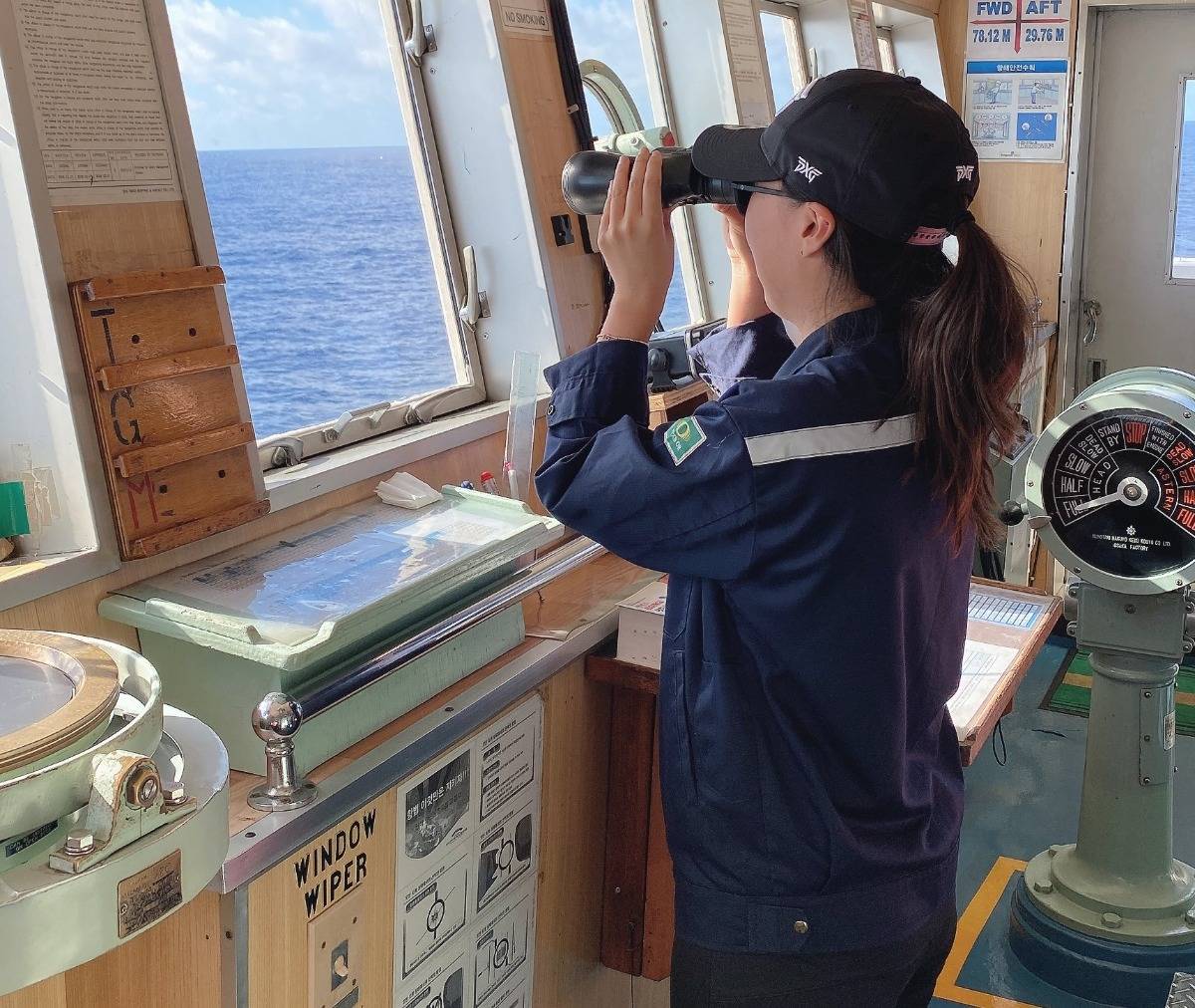Revolutionizing Seafarer Training for Zero Emission Fuels: Challenges and Solutions
Key Ideas
- Risk assessment workshops by LR's Maritime Decarbonisation Hub emphasize the need for seafarer training overhaul as the industry transitions to zero emission fuels.
- The MJTTF report, a collaboration with UNGC Ocean Stewardship Coalition, highlights challenges and hazards of using ammonia, methanol, and hydrogen, urging specialized training.
- Concerns on toxicity, flammability, and safety measures for ammonia, methanol, and hydrogen require enhanced competency standards and training frameworks for seafarers.
- The project, co-funded by IMO and Lloyd's Register Foundation, aims to roll out new training materials by May 2025 led by World Maritime University for safer marine fuel usage.
The Lloyd’s Register’s Maritime Decarbonisation Hub has conducted risk assessment workshops indicating the necessity for a significant revamp in seafarer training as the maritime industry transitions to zero and near zero GHG emission fuels. The workshops, in collaboration with the Maritime Just Transition Task Force (MJTTF) and the United Nations Global Compact Ocean Stewardship Coalition, resulted in the production of a report highlighting the need for a new baseline training framework to equip seafarers with the required skills to handle ammonia, methanol, and hydrogen as marine fuels safely. The challenges and hazards presented by these green fuels such as toxicity, flammability, and safety requirements were discussed extensively during the consultations involving over 100 stakeholders.
The current Standards of the Training, Certification, and Watchkeeping for Seafarers (STCW) Convention do not provide guidelines or competency levels specific to these green molecules, necessitating the development of detailed competency standards and training frameworks. Challenges with each fuel type were addressed - like ammonia's toxicity requiring comprehensive training on emergency response procedures, methanol's high flammability necessitating new fire detection methods, and hydrogen's need for enhanced fire safety systems.
The MJTTF training project aims to work on drafting and implementing detailed training materials to upskill and reskill seafarers who will be working with these fuels. The project is backed by the IMO through technical cooperation funding and Lloyd's Register Foundation, with the upcoming roll-out of the Instructor Handbook set for May 2025 at MTCC Asia, led by the World Maritime University. The overall goal is to ensure safer maritime fuel usage and enhance seafarer competency in handling ammonia, methanol, and hydrogen.
Topics
Training
Maritime Industry
Workshops
Safety Measures
Green Fuels
IMO
Lloyd's Register
Seafarer Training
Technical Cooperation
Latest News
